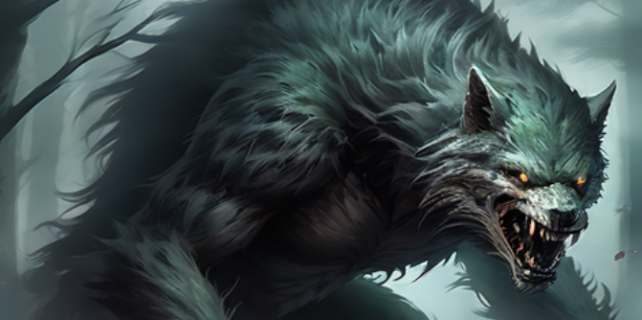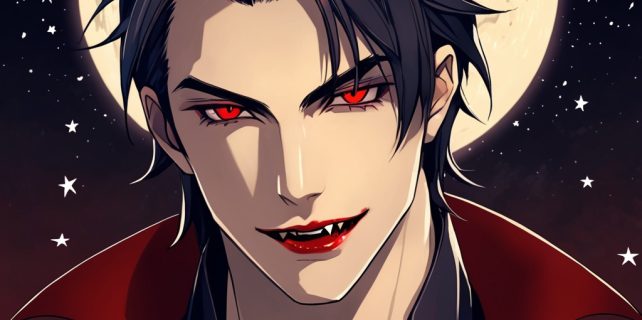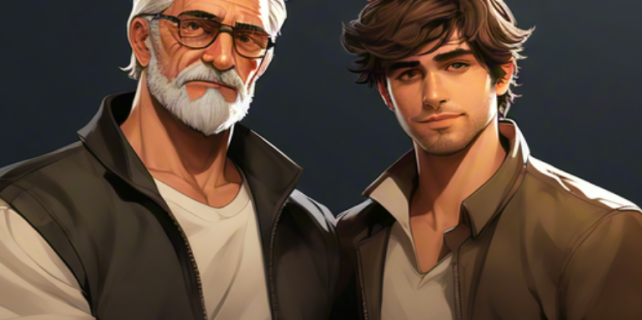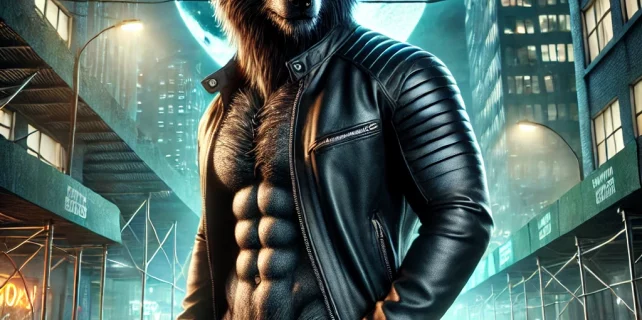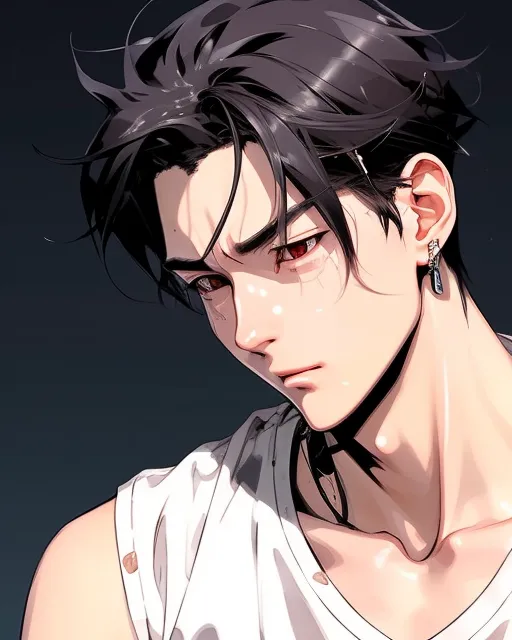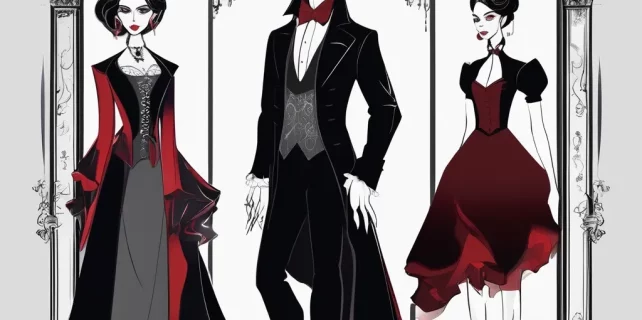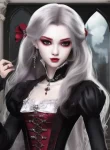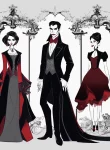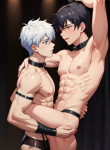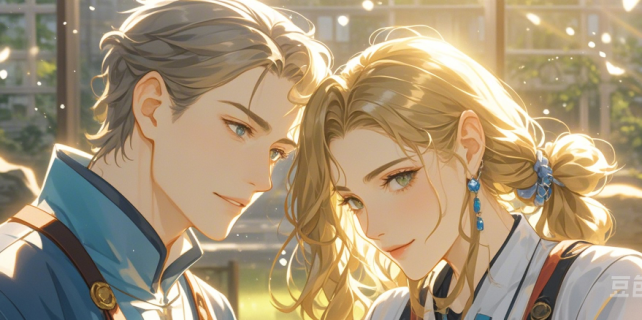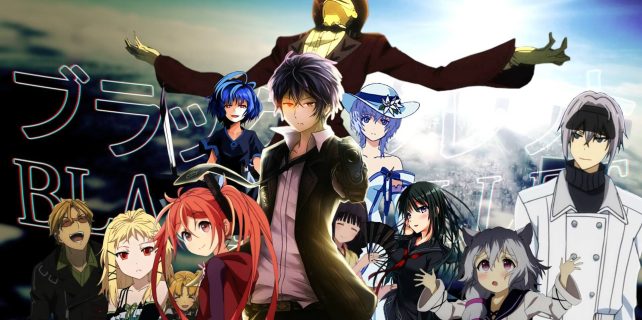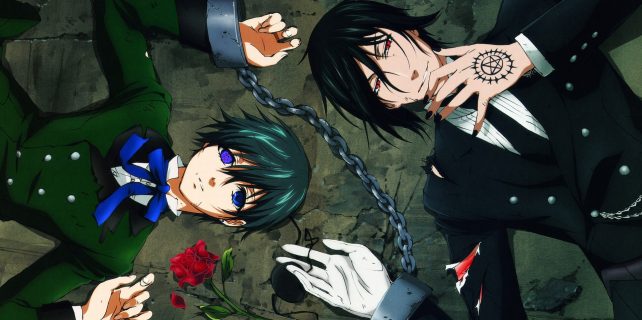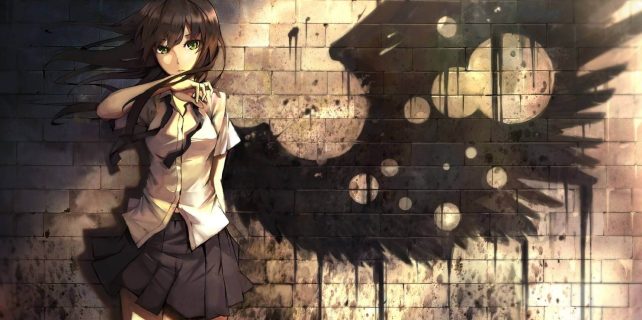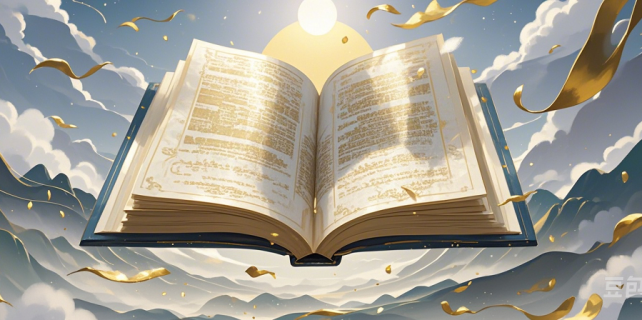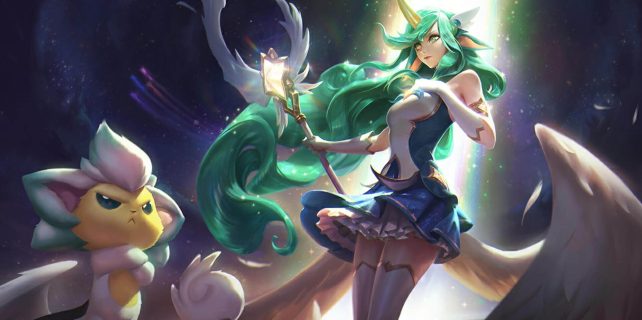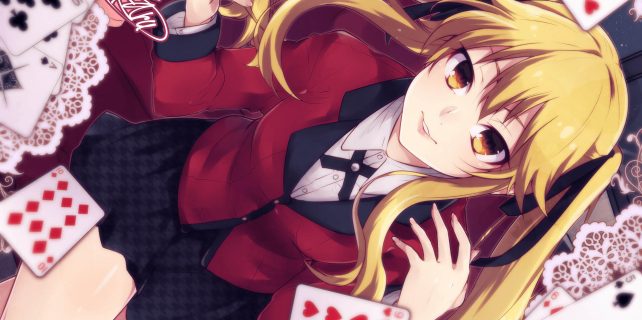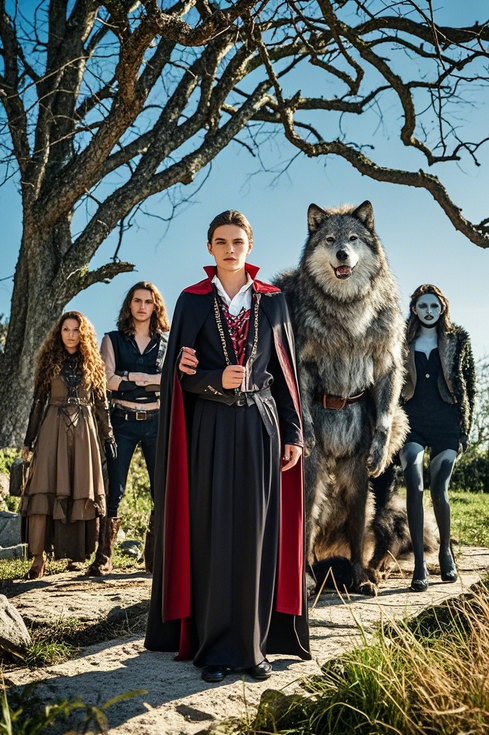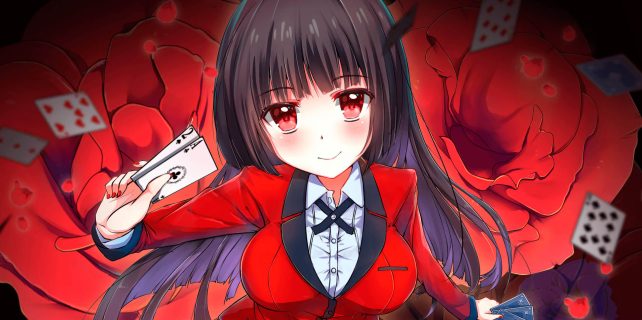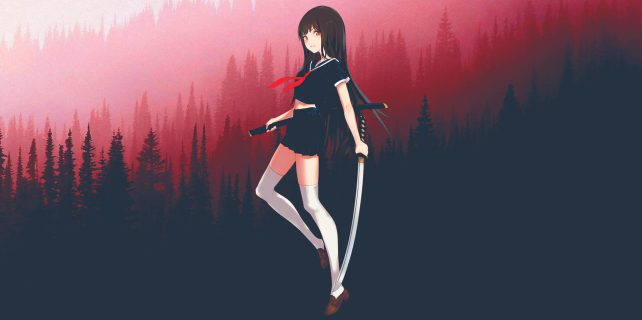
How to Create Realistic Novel Characters: A Guide for Beginners
Generally speaking, a novel is a vehicle for telling the story of a person or an era. Since that’s the case, there are many ways to approach storytelling. But the method to write a successful novel is something many new writers struggle with and can’t quite find. Here, I’ll share some of my thoughts.
To put it simply, a novel tells the story of a person or an event. What attracts readers ultimately depends on an exciting plot and well-crafted characters.
For now, I won’t discuss the plot because novels stem from life. Whether it’s fantasy, urban, or military fiction, these genres generally require a wealth of life experience to write well. Only a few writers can be called “geniuses.”
Writing is exhausting, and writing web fiction is even more tiring!
That said, for us beginner writers, the only option left is to focus on character creation. Many new writers naively think that creating a character means giving the protagonist an extraordinary appearance and an arrogant or quirky personality.
I want to say that’s completely wrong.
Here, I’ll focus on historical fiction. While many people say it’s difficult to write, historical records usually provide detailed accounts of well-known figures, including their personalities and other aspects.
When it comes to character creation, it really requires life experience. So, I believe historical fiction should be easier to write, as the character traits of historical figures are already documented.
However, many writers ignore reality, thinking that “alternative history” means completely distorting history without limits.
This is another mistake.
When writing about a person, we must first consider that we are writing about a person, not a fairy or a god! Too many people turn protagonists and supporting characters into gods or demigods.
While this might attract some naive readers, it won’t catch the attention of me or the majority of others.
The main point here is that even when writing historical fiction, we should respect history and take an objective view of the past. The worst thing is to let the author’s personal biases influence the narrative.
After all, as a writer, we’re telling a story, not playing favorites with the protagonist.
For example, in a historical novel where the protagonist is from the future, there will naturally be enemies. Many authors depict these enemies as “villains with no redeeming qualities” and portray them as pure evil, even taking away any traces of humanity.
I laugh because, yes, it may emphasize the protagonist’s greatness, but there’s nothing interesting about a one-dimensional person surrounded by NPCs.
Remember, a villain who is deeply loyal and righteous can be far more compelling than one who’s purely evil.
So how can we reflect this in the story? I’ll share my own perspective. The characterization of the protagonist can vary greatly depending on the writer, so I won’t embarrass myself by giving detailed tips here.
As for the antagonist, I’ll give an example: If you’ve watched Rurouni Kenshin, you should know Shishio Makoto. As a villain, Shishio had a tragic past and an immense ambition. Despite being a ruthless figure, he valued and cherished talent, which is why he nurtured someone like Sojiro.
Moreover, Shishio was surprisingly tolerant of his enemies. He was willing to keep someone like Kenshin around, which takes a lot of courage and boldness.
Leaving aside other details, Kenshin is interesting largely because he has a truly formidable opponent in Shishio. In a way, without Shishio, there would be no Kenshin.
If we compare a novel to a task, the protagonist is the one completing the task, while the antagonist is the one giving the task. A well-crafted antagonist makes the protagonist far more compelling.
For those who watch life dramas, you probably find the interfering, annoying character (like the meddling old woman) very irritating, right? Take, for example, the classic drama Princess Pearl. Many people hated Consort Rong, didn’t they? Some even went so far as to despise her.
But that proves she was successful! Since the purpose was to showcase the tragic experiences of several female characters, she had to be written as a harsh, unlikable person.
But when I saw her plead for the Empress in a later episode, I suddenly didn’t hate her anymore. From a neutral perspective, she was simply a person trying to protect her Empress.
From a human standpoint, it makes sense. Wouldn’t you do the same to protect your loved ones? The difference lies in how you handle it and how intense the situation gets.
Okay, I’ll stop here for now!
In summary, one key point: A novel’s characters don’t need to be overly distinctive or quirky, but they must always be real.



